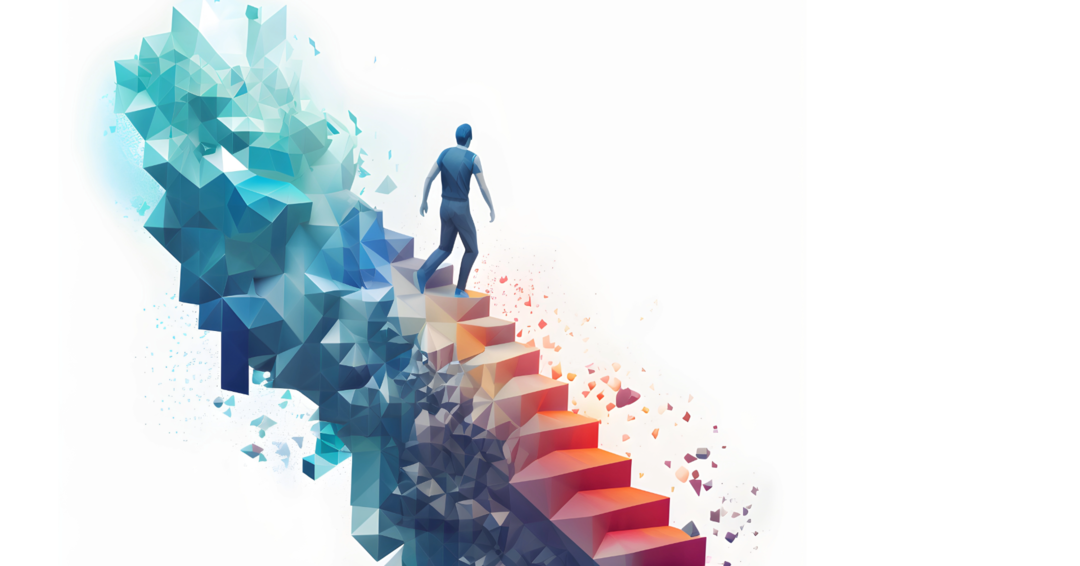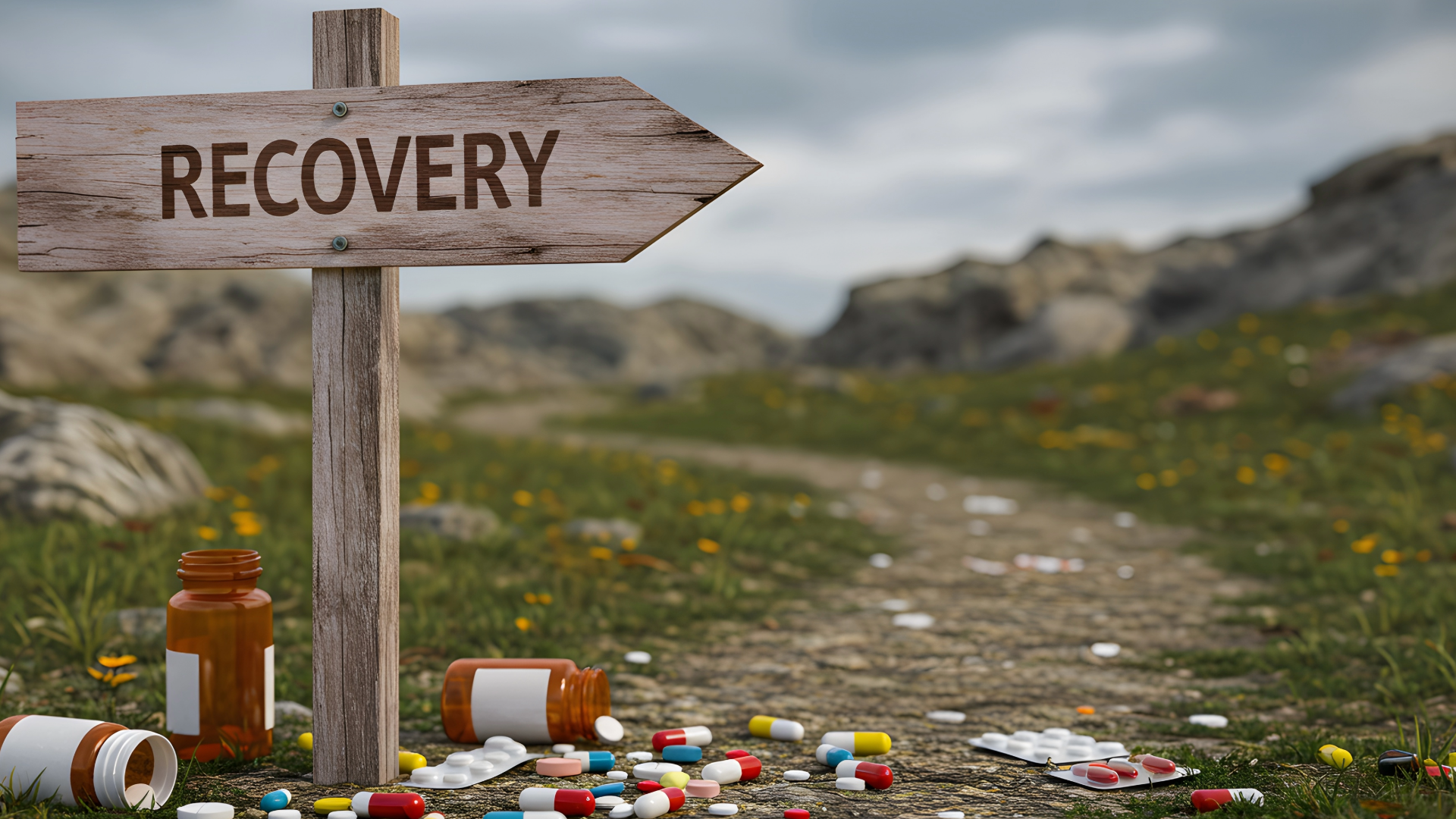The Neuroscience of Addiction Recovery: Rewiring the Brain for Lasting Change
Addiction recovery isn’t just about willpower—it’s about rewiring your brain to support lasting change. Understanding the neuroscience of addiction reveals why old habits feel so hard to break and how your brain can actually reshape itself with consistent effort. This knowledge offers more than hope; it gives you a clear path forward, one grounded in truth and courage. Read more about the neuroscience of brain addiction and recovery. Let’s explore how the Empowerment Pathway guides you through real, lasting transformation.
Understanding Addiction Recovery

Addiction recovery goes beyond simple abstinence. It’s a journey towards rediscovering who you are without the chains of addiction. This process involves understanding how your brain works and adjusting your life accordingly.
Rewiring the Brain for Healing
Your brain can change. This concept, known as neuroplasticity, shows that with effort, you can form new pathways and habits. It’s crucial to understand how this works. Imagine your brain as a series of roads. Addiction creates deep ruts, making old habits easy to fall back into. But with intention and support, new routes can be carved. This isn’t just about breaking habits but creating new ones that support a healthier lifestyle. Research shows that consistent practice can strengthen these new pathways, making them the preferred route over time. Learn more about the brain’s recovery process.
The Neuroscience of Addiction
The brain’s reward system plays a key role in addiction. When you use substances, your brain releases dopamine, creating feelings of pleasure. Over time, your brain craves this dopamine release, and you become trapped in a cycle of seeking it. Understanding this cycle is crucial. It explains why quitting feels so hard and why urges can be so strong. Breaking this cycle requires patience and a strategy that targets these brain processes. Studies indicate that mindfulness and cognitive therapies can help redirect these cravings. Discover more about how the brain’s reward system works.
Lasting Change Through Science
Science provides tools for lasting change. Approaches like cognitive-behavioral therapy, mindfulness, and medication can support you in rewiring your brain. But the real secret is consistency. Regular practice of new habits reinforces new neural pathways. It’s about finding what works for you and sticking to it. This isn’t just about avoiding relapse; it’s about building a foundation for a fulfilling life. The longer you engage in these new patterns, the more natural they become. Explore more scientific insights on addiction recovery.
The Empowerment Pathway Explained

The Empowerment Pathway guides you through rebuilding your life. It offers a structured approach to help you move from survival to self-mastery, starting with laying the right foundations.
Repair: Laying the Foundation
Repair is about starting fresh. It’s where you address the immediate aftermath of addiction. Think of it like rebuilding a house. You can’t start with the roof; you need a strong foundation first. This phase involves acknowledging the past and accepting where you are now. It’s about honesty and setting the ground for what comes next. This is where you start to build trust in yourself again, focusing on small, achievable goals. Explore how acceptance helps in recovery.
Renew: Rediscovering Identity
Once the groundwork is laid, it’s time to rediscover who you are. Renewal is about finding your identity beyond addiction. This is when you explore new interests and passions. Consider what excites you, what gives you purpose. This stage is about self-discovery and developing a new sense of self. As you uncover these aspects of yourself, you build a life that doesn’t revolve around substances. This phase is empowering, as it shows you the vast potential you hold.
Rebuild: Strengthening Resilience
Rebuilding is when you start to strengthen your new identity. It’s about resilience and the ability to withstand challenges. Life will throw obstacles your way, but with a resilient mindset, you can tackle them head-on. This phase is about reinforcing your new habits and ensuring they remain solid. You learn coping mechanisms and strategies to deal with stress and triggers. It’s not just about surviving but thriving in a new, healthier life.
Tools for Personal Transformation

To support your journey, there are various tools available to help you transform your life. These tools provide guidance, structure, and support every step of the way.
Courses and E-books
Courses and e-books offer knowledge and strategies to navigate recovery. They give you insights into addiction and practical steps to move forward. These resources provide a roadmap for what to expect and how to handle challenges as they arise. They serve as guides you can refer back to whenever needed, offering reassurance and direction.
AI-Assisted Guidance
AI-assisted tools like Instructor GPT offer personalised support. They adapt to your needs, providing tailored advice and encouragement. These tools can help you track your progress, set goals, and stay motivated. By using AI, you have a constant companion on your journey, offering insights and reminders to keep you on track. It’s like having a coach in your pocket, available whenever you need guidance.
Mark Ronan’s Insights
Mark Ronan, the creator of the Empowerment Pathway, shares insights from his journey. His experiences provide real-life examples of overcoming addiction and finding purpose. Mark’s story shows you that recovery is possible, no matter how deep the struggle. His insights offer hope and a clear path forward, proving that with determination and the right support, lasting change is within reach.
The journey to recovery is challenging, but with the right tools and understanding, it’s possible to achieve lasting transformation. By rewiring your brain and following a structured path, you can rebuild your life and thrive in a newfound identity.


